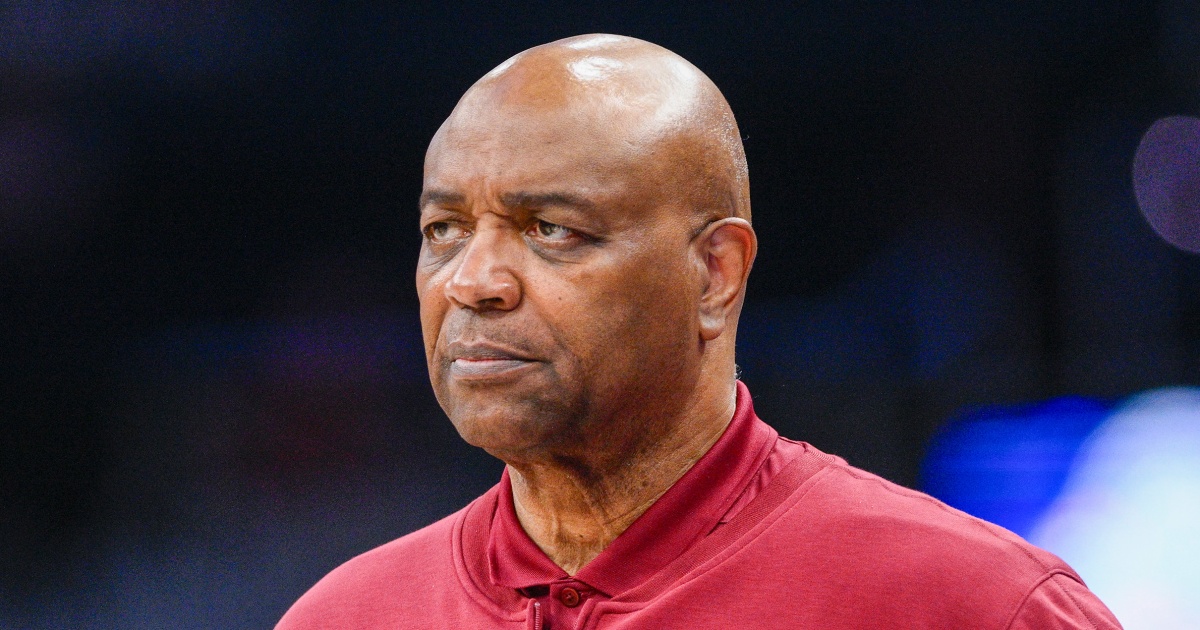Article talking about how vcu will approach sharing revenue with student-athletes. I copied it below for those who can't get past the paywall.
vcu will look for new streams of revenue to compensate its players. "Amateurism as we know it is dead."

richmond.com
----------------------------------------------------
Virginia Commonwealth University intends to pay its athletes beginning next school year, a monumental change to its financial model.
vcu intends to opt in to a
lawsuit settlement, joining potentially hundreds of other colleges that will compensate players for their abilities beyond a scholarship, Ed McLaughlin, the school's athletics director, said in a recent interview.
It will be the first time colleges have openly paid their players. The new expense will cost vcu between $4 million and $5 million and require the athletic department to find new streams of revenue.
"Amateurism as we know it is dead,"
McLaughlin told the school's board of visitors. "There is a new collegiate model."
In 2021, the NCAA first allowed players to profit off their name, image and likeness, or NIL. vcu players have earned money through their own endorsement deals and from a third-party fundraiser called the
Havoc Unlimited Collective. A Virginia law took effect in July allowing colleges to pay players directly, but vcu to this point declined to do so because it was a violation of NCAA rules.
Now, the NCAA will allow mid-major schools such as vcu to share revenue if they opt in to a lawsuit settlement in which the NCAA has agreed to pay $2.8 billion to former athletes denied the chance to profit off their abilities. vcu will forgo a portion of its NCAA revenue — about $140,000 next year — that will be diverted to the plaintiffs. The settlement still needs final approval from a judge, which could come early this year.
Under the terms of the settlement, each college can spend about $21 million to compensate players in the 2025-26 school year. That number is expected to increase each year. Some colleges have discussed allotting 75% to football players, 15% to men's basketball players and 10% to athletes of other sports, McLaughlin said. That means a college spending the maximum could budget $3.2 million for a men's basketball team, or an average of about $250,000 per player. Universities must disclose to the NCAA payments greater than $600.
How much a player makes will be driven by the market. At vcu, men's basketball players bring more revenue than other sports and are expected to receive the largest payments. vcu intends to spend on men's basketball as much as other top teams in its conference, the Atlantic 10, and rank in the top 35 nationally.
A player's "brand value is driven by the market," McLaughlin said.
Some colleges have hired general managers to oversee the building of rosters and to determine how much a player will earn. Mak Afework, deputy director of athletics, will assume that role for vcu's men's and women's basketball teams.
Given that colleges are expected to expend most of their resources on football, vcu could benefit by not fielding a football team. Men's basketball will be its top priority.
"For me, it's a huge benefit looking at limited revenues going forward," McLaughlin said.
How vcu will generate the $4 to $5 million to pay players, it's not entirely clear. The university will ask donors to make gifts, and the athletic department will review its revenue and costs to maximize efficiency, McLaughlin said. vcu is not planning to add a surcharge to ticket prices as other colleges have done — the University of Tennessee said it would add a 10% "talent fee" to ticket prices.
"We have to make the financial jigsaw puzzle fit together," McLaughlin added.
The athletic department had a
budget of roughly $45 million in the 2023 fiscal year, with more than half of the department's proceeds coming from student fees. This year, each student is required to pay an athletic fee of about $1,400, a number that has risen almost 50% since 2020.
vcu is already asking donors to fund a portion of the
athletics village, a 42-acre complex for the university's soccer, tennis and track teams. School president Michael Rao said he has helped the fundraising effort by asking for donations. Athletics is the "window through which people look" at vcu, Rao said last month. McLaughlin added that donors have been willing to give to both causes because both are important.
It is still unclear if paying men's players more than women's players would violate Title IX, a federal law that requires colleges give equal opportunities to male and female athletes. McLaughlin said that because the lawsuit settlement will be approved by a judge, whatever arrangement the judge confirms will have some legal standing.
The settlement also allows colleges to increase the number of scholarships they offer, but vcu will not add scholarships next year. Currently, the NCAA allows 13 scholarship players on a men's basketball roster, a number expected to increase to 15. This year, vcu has 12. If the team offers scholarships to too many players, some of them have to sit the bench, McLaughlin said.
Another uncertainty is what will happen to the Rams Unlimited Collective, the group that gathers donations and pays players. Rodney Ashby, a former vcu basketball player who runs the collective, said the organization could continue to exist next year, but what role it will play is still up in the air.



